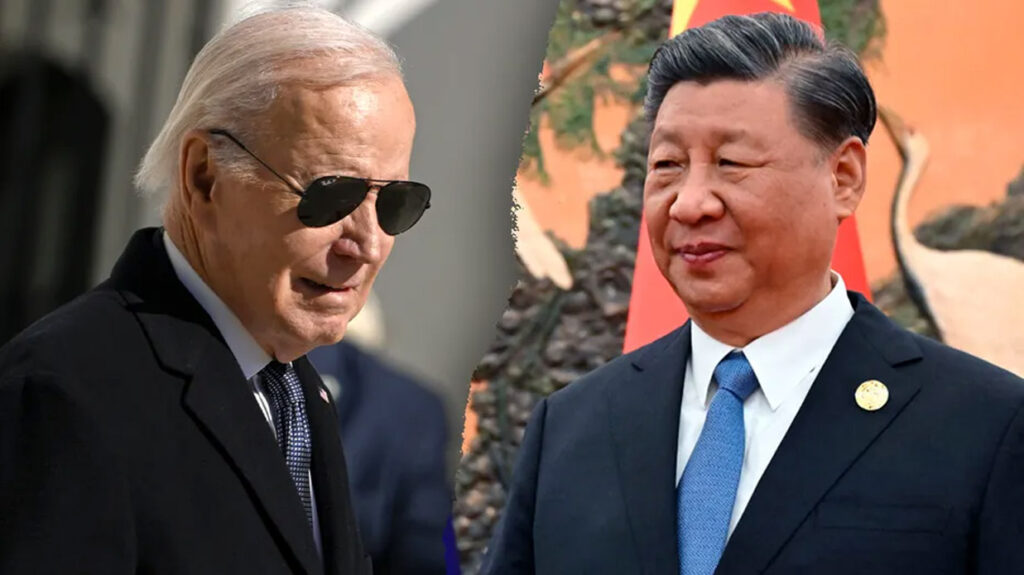In a move that has drawn sharp criticism and raised ethical concerns, President Joe Biden is reportedly on the brink of making a distressing concession that deeply undermines global human rights advocacy. According to reports, the Biden administration is considering lifting sanctions on a Chinese police unit known for its severe repression of the Uyghur Muslim minority. This decision, part of an agreement with Chinese President Xi Jinping, is ostensibly aimed at securing China’s assistance in curbing the fentanyl crisis devastating the United States. However, it represents a harrowing compromise on fundamental human rights principles.
This controversial decision is expected to be formalized during the upcoming meeting between Biden and Xi at the Asia-Pacific Economic Co-operation summit in San Francisco. The U.S. has pressed China to intensify its crackdown on fentanyl exporters, crucial for stemming the tide of this lethal drug into the U.S. through Mexico.
But everyone familiar with China knows that there would be no fentanyl without implicit approval from the Chinese Communist Party. This has only been allowed (and indeed encouraged) because it served a political purpose.
And now it has.
In a reciprocal but deeply troubling move, Beijing has sought the lifting of U.S. sanctions on China’s forensic police institute, an entity implicated in conducting mass surveillance and human rights abuses against the Uyghurs in Xinjiang province.
The sanctions, imposed by the Trump administration in May 2020, were a response to the institute’s involvement in “human rights violations and abuses… against Uyghurs and other minorities in Xinjiang.” The potential reversal of these sanctions by the Biden administration signals a distressing retreat from the U.S.’s commitment to human rights, a cornerstone of its foreign policy values. This proposed trade-off between drug policy cooperation and overlooking egregious human rights violations is a stark deviation from the U.S.’s traditional role as a defender of global human rights.
The news of this agreement, though not yet officially confirmed by the White House, is already sparking a significant backlash. Human rights advocates are likely to view this as a grave betrayal, arguing that the U.S. should not, under any circumstances, compromise on human rights issues for concessions in other areas, however pressing they may be.
This decision comes at a time when the Biden administration has taken proactive steps in the fight against the fentanyl crisis. Earlier this month, the U.S. Treasury sanctioned several individuals and businesses in China linked to the fentanyl trade. Yet, the potential lifting of sanctions on a body accused of severe human rights abuses casts a dark shadow over these efforts, raising questions about the moral integrity and priorities of U.S. foreign policy.
The summit is also expected to touch on other critical issues, such as military communications and technology competition. However, the overshadowing issue remains the potential agreement that could see a major human rights concession in exchange for cooperation on drug trafficking.
As we have mentioned in previous articles, this meeting is the worst possible for the United States with the incompetent and compromised Biden on our side of the table. It will get worse before these meetings are over.
